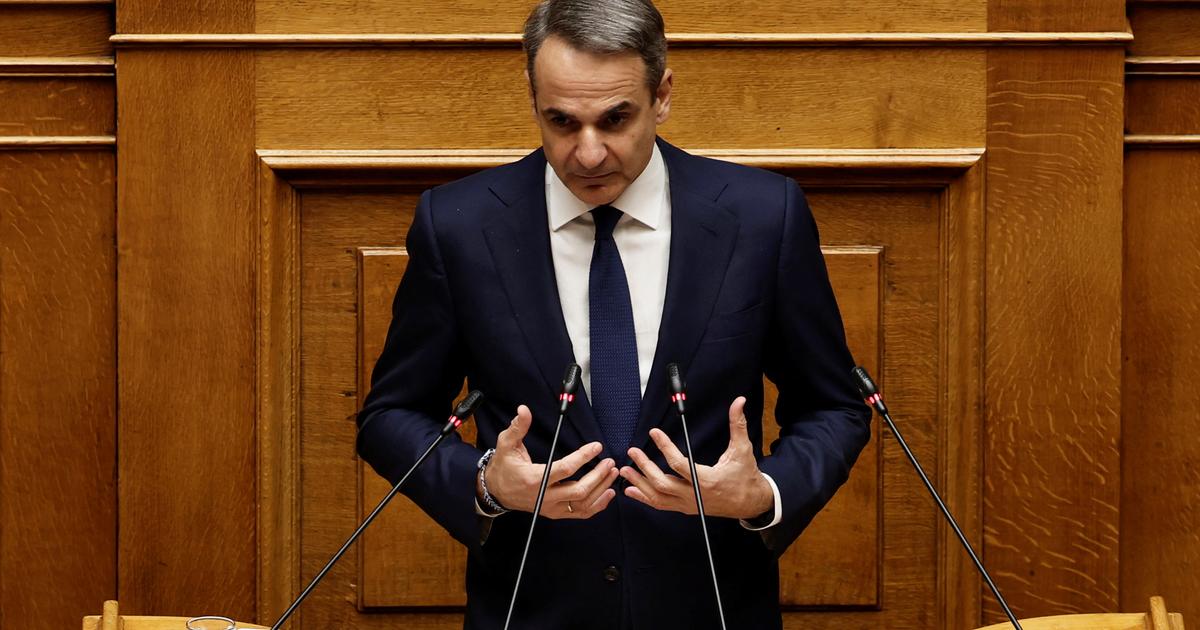The coalition government chaired by Pedro Sánchez is heading into the last year of a legislature in which the minimum interprofessional wage (SMI) will have risen by 344 euros, which represents a revaluation of 47%, from the 735.9 euros in which it was at the end of 2018 to the 1,080 that it will reach in 2023, after next Tuesday the Council of Ministers approves the increase retroactively from January 1.
The increase in the minimum wage has accelerated in recent years.
The Executive formed by PSOE and Unidas Podemos has emphasized the need to improve the working conditions of those who receive a lower salary.
Thus, as soon as they arrived at La Moncloa, the Sánchez government gave the green light to an increase in the SMI of 22.3% for 2019,
"This is a bipartite agreement (between the Government and unions) that has been reached within the framework of social dialogue," defended the second vice president and Minister of Labor, Yolanda Díaz, yesterday.
"It is very important, because the SMI has increased by 47% since we came to the Government," she added after learning the scope of the rise in the SMI.
"The minimum wage," said the head of Labor, "is the most effective tool against wage poverty and the best tool for pay equality between men and women."
The minister calculated that this wage gap between the sexes is reduced by 3.7%, while the quality of youth employment improves, she stressed.
Spain thus joins the European trend of approving strong increases in legal minimum wages to counteract the blow of inflation.
Latvia (24%), Romania (17.6%), Poland (16.2%), Lithuania (15.1%), Hungary (14.9%), Germany (14.9%), Serbia (14, 5%), Croatia (12.5%), Estonia (10.9%), Albania (10.8%), the Netherlands (10.1%), Bulgaria (9.9%), the Czech Republic (9, 5%) and Slovakia (8.4%) are the countries that together with Spain (8%) have increased the SMI the most during 2023, according to the data available from the European statistical office (Eurostat) for the first semester of this year with updated data and pending the definitive approval of the increase by the Council of Ministers of Spain.
Countries like Greece have not yet revalued the SMI, despite announcing that they are studying it.
Others like France have increased it by 3.9%;
Ireland, 7.6%,
If the perspective is broadened to what has happened in the last four years, one can see how Spain is, within the large EU countries, the one that has increased the minimum wage the most, by 47%.
Lithuania, however, is the one that has revalued its lowest salaries the most since the end of 2018, with a rise of 110%.
Serbia (84.9%), Poland (55.3%), the Czech Republic (53%), Bulgaria (52.9%), Croatia (50.3%) or Romania (48.8%) are the other countries that have raised the lowest legal remuneration the most.
More information
The Government agrees with the unions to raise the minimum wage by 8% to 1,080 euros per month
“Despite nominal increases in statutory minimum wages reaching an all-time high between January 2022 and January 2023, minimum-wage workers in most EU countries are seeing their purchasing power diminish or nearly drop. is compensated, according to preliminary inflation figures," says a recent report from the
think tank
Eurofund, which has also analyzed comparable data on minimum wages.
Its figures show some variations compared to those of Eurostat because it includes the increases that some countries approved already at the beginning of 2022 and those of 2023, so this year's growth rate takes into account both increases.
Prices increased in Spain by 8.4% on average over the past year.
December closed with a CPI of 5.8% year-on-year.
In Europe the situation was not very different, the euro area closed the year with inflation of 9% year-on-year.
For this reason, Eurofund adds: "Given that inflation is expected to persist, a further depreciation of minimum wages in real terms can be expected in most Member States, since only a few foresee additional increases during the rest of 2023 ″.
02:23
Sánchez announces the rise of the SMI to 1,080 euros
The President of the Government, Pedro Sánchez, announces the increase in the minimum wage in plenary session of the Senate.
Photo: EFE/ Zipi |
Video: Europa Press
Sources from the Government of Spain rule out new increases in the SMI until the next legislature.
Remember that five increases have been approved in recent years to reach 60% of the average Spanish salary, as established by the European Social Charter.
That was the objective that the partners that make up the Executive had set themselves in the investiture agreement to achieve this legislature.
European countries have followed the recommendation of the main international institutions.
Both the IMF and the OECD have recommended raising the wages of those who earn the least.
The Organization for Economic Cooperation and Development (OECD) advised a couple of months ago to raise the SMI to protect the most vulnerable from the blow of inflation.
“Although high uncertainty and slowing economic growth may suggest caution in raising minimum wages, in several OECD countries there is room to adapt, at least partially, the existing level of the statutory minimum wage in order to protect the most vulnerable workers from rising prices”, pointed out the agency, which warned:
Loss of purchasing power
The executive director of Eurofound, Ivailo Kalfin, explains about the data analyzed by this European agency: "Our initial analysis, based on the available harmonized inflation data, indicates that only in a few countries will low-wage workers receive a significant increase purchasing power as a result of increases in nominal minimum wages.
The person in charge of this European agency recalls that inflation is rising more in some countries than the lowest wages are doing, which causes a loss of purchasing power.
“While it is recognized that increases in minimum wages at this level are unprecedented in several Member States, more work must be done to support low-wage workers at this time of rising inflation,
The European agency for the improvement of living and working conditions explains in an article that the setting of the minimum wage took place in the shadow of high levels of inflation, which hit the EU Member States hard in 2022. It is In other words, to protect the incomes of the lowest paid employees, most governments have increased minimum wages much more than in previous years.
The increases are much higher than last year, and incomparably higher than previous years, according to Eurofund.
In the Member States, the average nominal increase in 2023 is 12% compared to approximately 6% last year (between January 2021 and January 2022).
Overall, the European agency says, minimum wages have risen the most among central and eastern member states, marking a continuation of the EU's upward convergence for many years.
Latvia increased its minimum wage by almost 25% in 2023 (after having frozen it since January 2021).
Furthermore, of the 13 countries with the largest increases, 10 are Member States that joined the EU after 2004.
Subscribe to continue reading
Read without limits
Keep reading
I'm already a subscriber

/cloudfront-eu-central-1.images.arcpublishing.com/prisa/Z6QZBK7SY77QU4TEEOCVRLUKC4.jpg)






